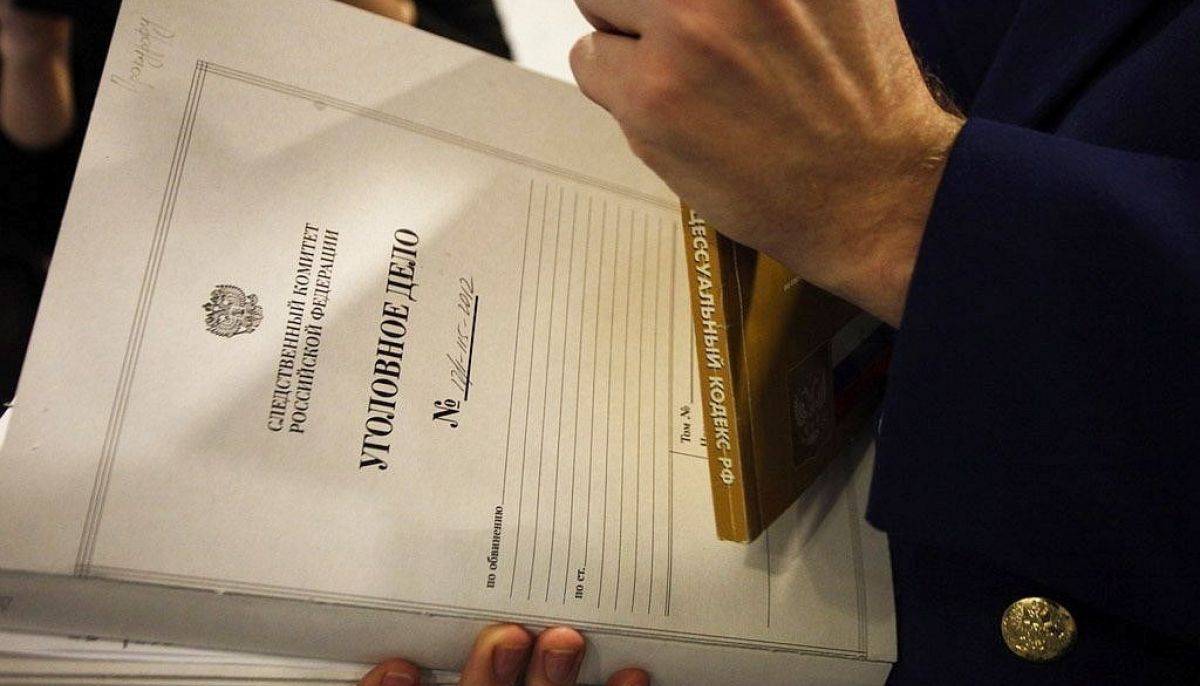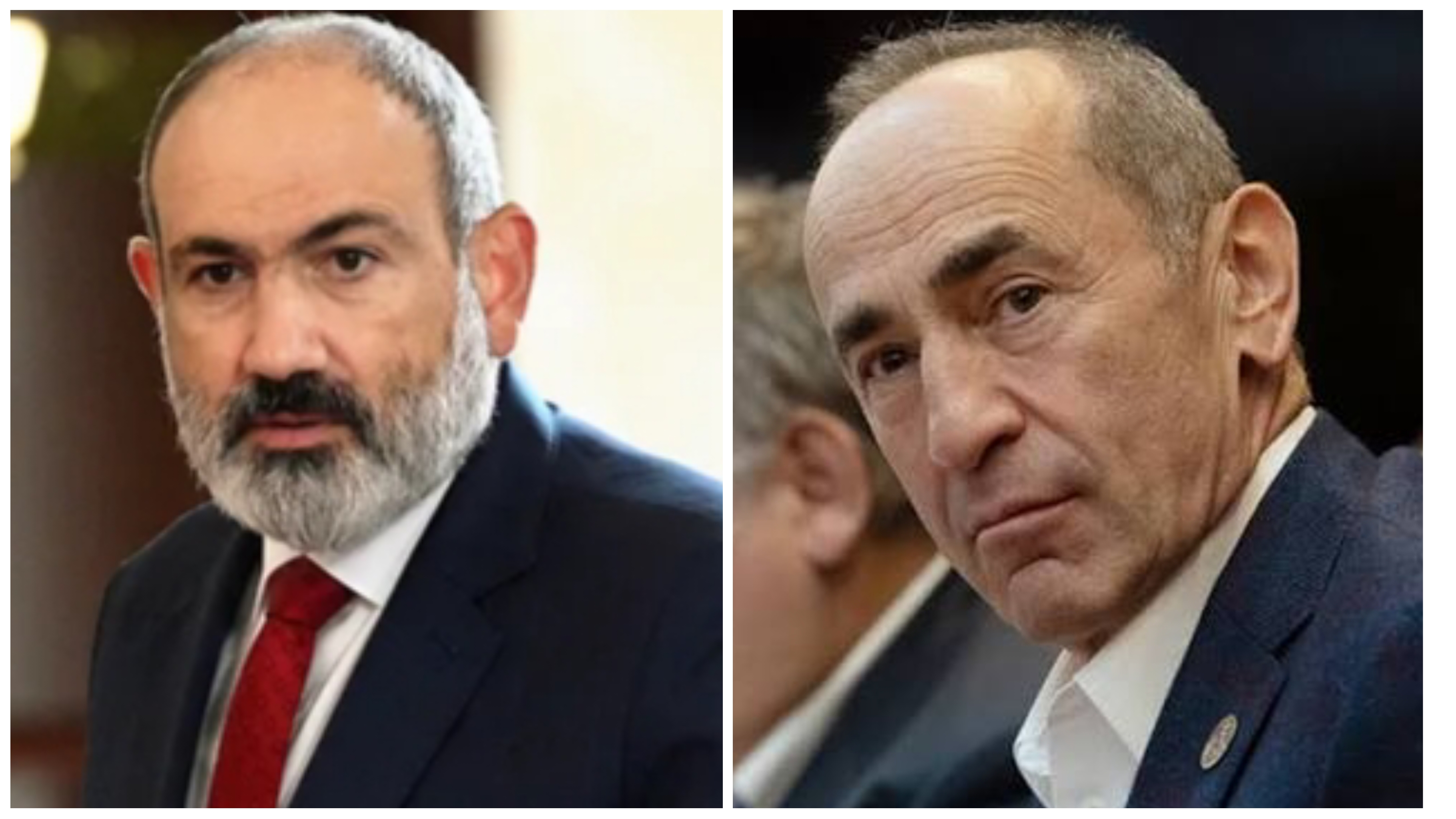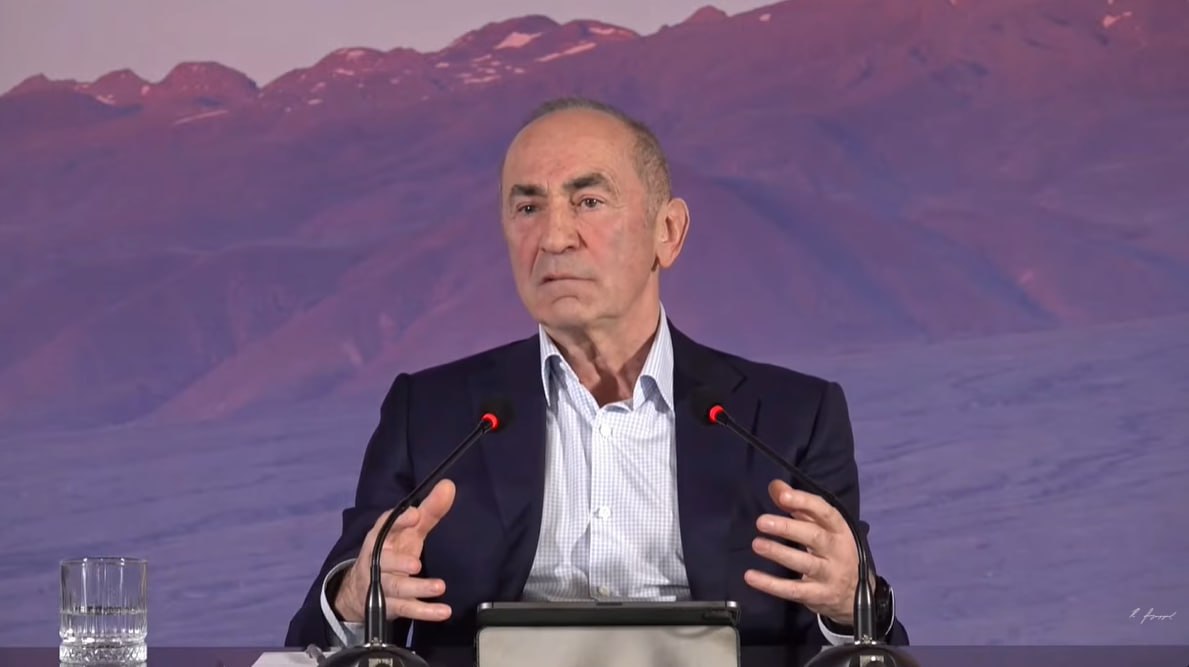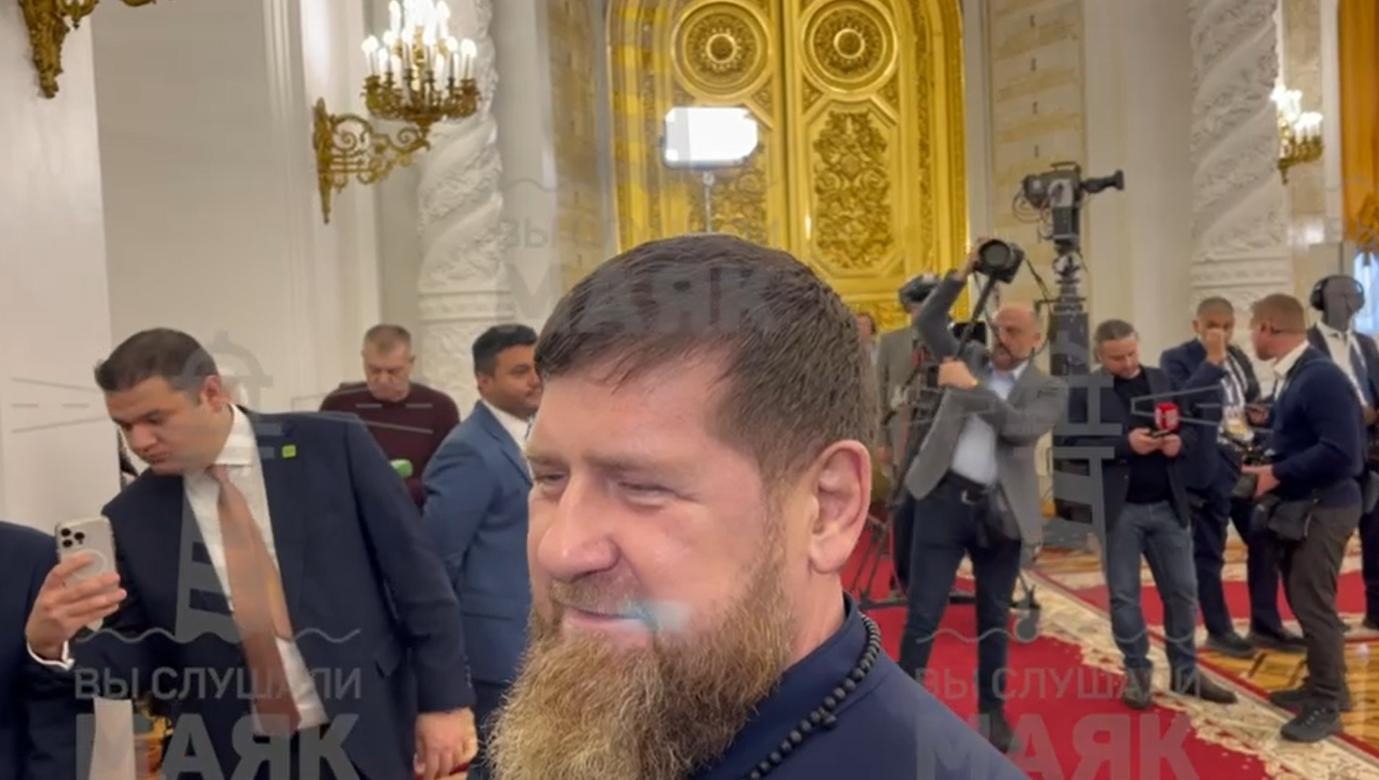A second administrative case has been opened in Chechnya in Russia for searching for "extremist materials" online. The case was registered by the Naursky District Court, and local resident Isa Magomadov is listed as the offender.

Today, one day before the parliamentary elections in Georgia, Reporters Without Borders (RSF) and nine of its partners in the Council of Europe Platform on the Safety of Journalists published a report and recommendations aimed at guaranteeing the safety of journalists and the public’s right to reliable information.
The report, entitled Press Freedom and the Safety of Journalists in Peril, Rising Polarisation and a Climate of Fear, draws attention to the deteriorating situation for press freedom. It is the result of a mission to the Georgian capital Tbilisi in early October 2024, during which the team met with local media representatives, NGOs, the Georgian Ombudsman and others working on press freedom issues.
The RSF website notes that "in Georgia, where there is an exceptionally strong media polarization, increasingly repressive legislation and verbal or physical violence, these factors prevent journalists from working in peace."
"Threats, harassment, insults, abuse, unlawful prosecution, surveillance... We are seeing an increase in the number of cases of intimidation of journalists, as described in this report. In the face of this shocking trend and pro-Russian disinformation campaigns, RSF calls for a democratic awakening. Political parties participating in the elections, first and foremost the ruling Georgian Dream, must ensure that the country's commitments to ensure the safety of journalists and the right of citizens to reliable information are respected," says Jeanne Cavelier, head of RSF's Eastern Europe and Central Asia desk.
According to the authors of the report, the law "On transparency of foreign influence" that has come into force - an analogue of the Russian law on "foreign agents" - poses a particular threat to the existence of the independent press. According to it, media outlets and NGOs that receive more than 20% of their funding from abroad are labeled as “foreign agents.” The law also imposes significant bureaucratic restrictions on them and requires them to disclose their personal data and sources of journalistic information.
Reporters Without Borders emphasizes that almost all interested media outlets have refused to register with the Ministry of Justice, thereby risking fines. In this regard, the organization and its partners recommend repealing the law, which contradicts international standards and has led to a halt in the country’s European integration process.
It is noteworthy that in the RSF World Press Freedom Index for 2004, Georgia ranks 103rd out of 180 countries.
Ahead of the parliamentary elections in Georgia, accusations of attempts to falsify them are increasingly being leveled against the Russian Federation. In particular, investigative journalist Hristo Grozev stated that “Russia can only ensure a pro-Russian regime in Georgia through radical election falsifications that show an implausible victory for the ruling party.”
The Kremlin, in turn, rejects influence on politics and elections in Georgia.
"There is one situation in Georgia - we do not influence or interfere in their affairs at all. But we see completely unprecedented attempts to interfere from the West. Not only is it trying to twist Tbilisi's arms, but they are literally trying to dictate terms," said Dmitry Peskov, the press secretary of the Russian president.



